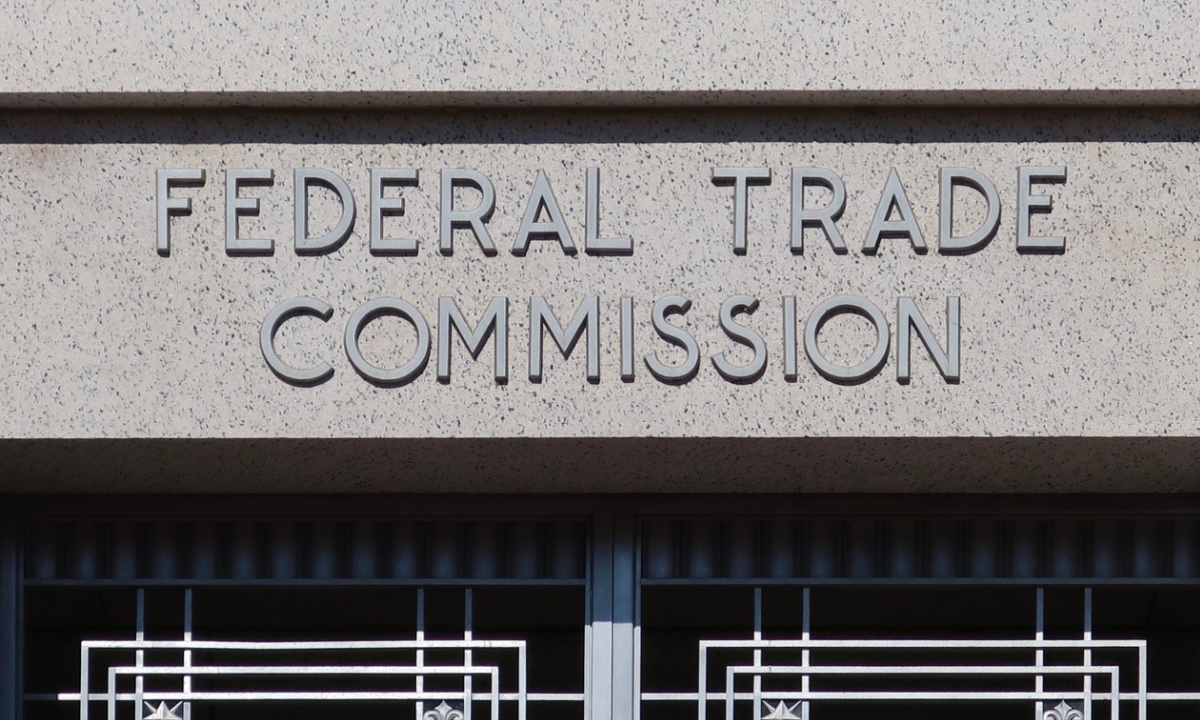
Two U.S. senators are urging the Federal Trade Commission (FTC) to launch a new investigation into the co-manufacturing agreements of pharmacy benefit managers (PBMs) and their parent companies. These agreements, which involve collaborations between PBMs and drugmakers, have raised concerns over potential conflicts of interest and harm to consumers, according to a letter sent to the FTC by Senators Sherrod Brown (D-Ohio) and Ron Wyden (D-Oregon).
The PBMs, CVS Caremark and Express Scripts, play a central role in managing prescription drug benefits for millions of Americans. Traditionally, PBMs claim that their large scale allows them to negotiate lower prices with drug manufacturers, ultimately benefiting consumers. However, as noted by Pennsylvania Capital, Brown and Wyden allege that these companies are now entering co-manufacturing agreements with drugmakers—potentially undermining their role as neutral negotiators in the drug pricing process.
“The concern with these co-manufacturing agreements is that they are a veiled attempt by PBMs to control additional parts of the supply chain,” the senators wrote in their letter. The result, they argue, is fewer drug choices for patients and higher costs, per Pennsylvania Capital. CVS, however, disputes this claim, stating that their agreements have saved clients $500 million on immunosuppressive drugs like Humira.
The health care conglomerates behind CVS Caremark and Express Scripts already maintain substantial influence over the industry. Both companies control extensive networks of pharmacies and mail-order services and decide how much to reimburse pharmacies for the drugs they dispense. Critics say this dual role, particularly in controlling reimbursement for their own retail and mail-order pharmacies, creates an inherent conflict of interest.
The FTC has already filed a lawsuit against the PBMs over their role in driving up insulin prices since 2012. Additionally, the agency is conducting a broad investigation into PBM practices. In a July interim report, the FTC suggested that the PBMs may be artificially inflating drug prices and causing harm to patients, according to Pennsylvania Capital.
Read more: CVS and UnitedHealth Demand FTC Chair Recuse Herself from Insulin Price Suit
In their latest request, Senators Brown and Wyden are calling on the FTC to open a separate investigation into CVS Caremark and Express Scripts’ co-manufacturing agreements under the FTC’s “6(b)” authority, the same investigative power used in the broader probe. The senators argue that the agreements with drugmakers making versions of adalimumab, a drug used to treat arthritis, give PBMs undue control over the drug supply chain. The drug is sold under the brand names Humira and Hyrimoz.
The senators’ letter also pointed to a graphic from a CVS earnings call, highlighting the extensive vertical integration of CVS Health. The graphic, in the shape of a heart, shows how a patient with Aetna insurance (also owned by CVS) can use CVS Caremark as a PBM, receive adalimumab through a CVS co-manufacturing agreement, get primary care at Oak Street Health, and fill prescriptions at a CVS pharmacy—demonstrating the company’s far-reaching control of the patient experience.
“This graphic clearly shows the benefits that CVS and its shareholders reap by capturing patients and directing them through the vertically integrated array of CVS subsidiaries,” the senators wrote, expressing concerns over the growing consolidation of power in the hands of these health conglomerates.
The FTC has yet to respond to the senators’ request for a new investigation. However, given the ongoing scrutiny of PBMs and their practices, this latest push could further intensify the regulatory spotlight on the industry.
Source: Pennsylvania Capital
Featured News
Judge Appoints Law Firms to Lead Consumer Antitrust Litigation Against Apple
Dec 22, 2024 by
CPI
Epic Health Systems Seeks Dismissal of Antitrust Suit Filed by Particle Health
Dec 22, 2024 by
CPI
Qualcomm Secures Partial Victory in Licensing Dispute with Arm, Jury Splits on Key Issues
Dec 22, 2024 by
CPI
Google Proposes Revised Revenue-Sharing Limits Amid Antitrust Battle
Dec 22, 2024 by
CPI
Japan’s Antitrust Authority Expected to Sanction Google Over Monopoly Practices
Dec 22, 2024 by
CPI
Antitrust Mix by CPI
Antitrust Chronicle® – CRESSE Insights
Dec 19, 2024 by
CPI
Effective Interoperability in Mobile Ecosystems: EU Competition Law Versus Regulation
Dec 19, 2024 by
Giuseppe Colangelo
The Use of Empirical Evidence in Antitrust: Trends, Challenges, and a Path Forward
Dec 19, 2024 by
Eliana Garces
Some Empirical Evidence on the Role of Presumptions and Evidentiary Standards on Antitrust (Under)Enforcement: Is the EC’s New Communication on Art.102 in the Right Direction?
Dec 19, 2024 by
Yannis Katsoulacos
The EC’s Draft Guidelines on the Application of Article 102 TFEU: An Economic Perspective
Dec 19, 2024 by
Benoit Durand